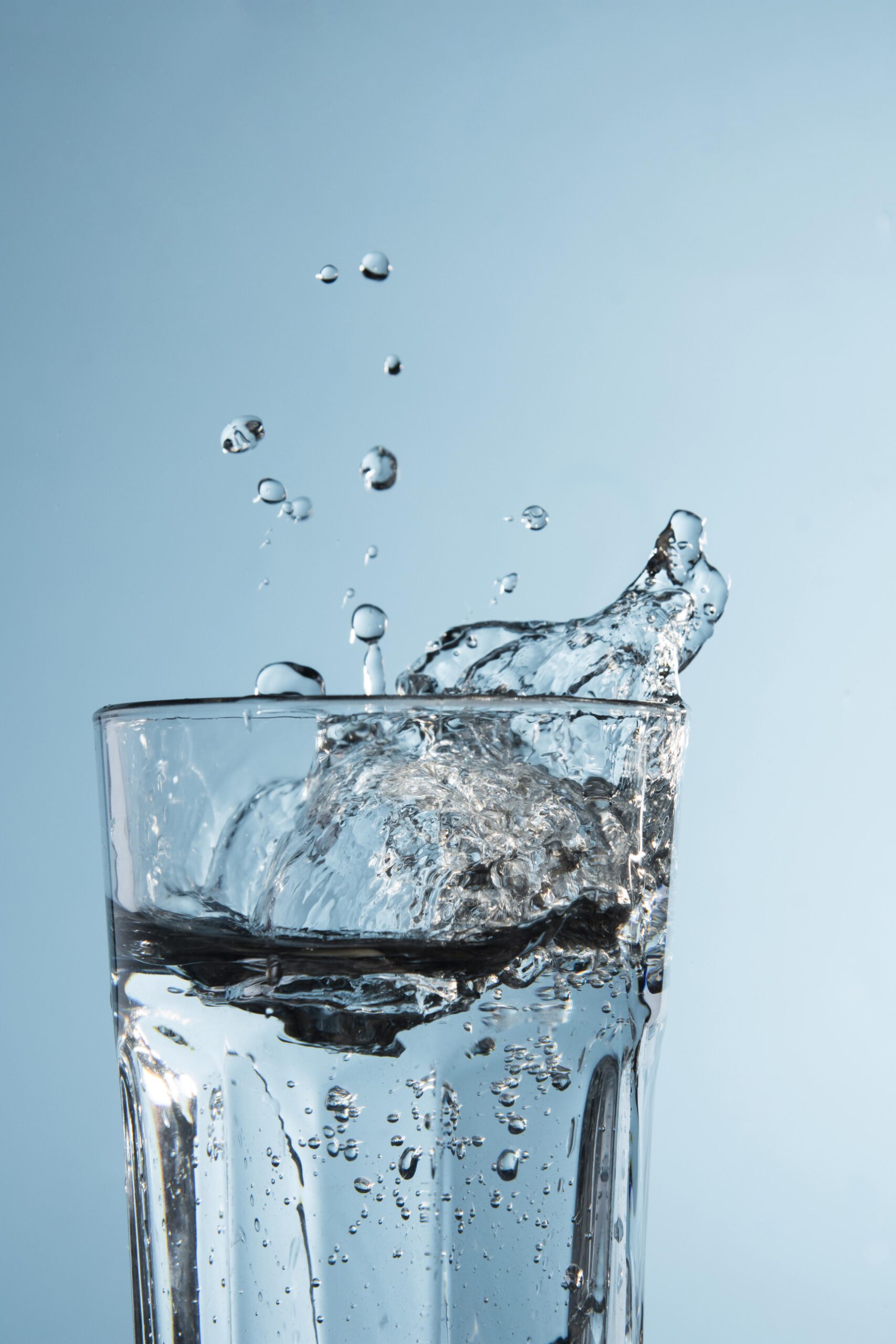Table of Contents
Water intoxication, also known as water intoxication or water overload, is a condition that occurs when a person drinks too much water in a short period of time, causing the body’s ability to expel excess fluid. This can lead to a lack of electrolytes in the body, especially sodium.
Normally, the body maintains water and electrolyte balance to maintain cellular function. Drinking too much water can cause Hyponatremia and this affects the functioning of cells, including those in the brain.
Symptoms of poisoning can vary in severity but can include nausea, vomiting, headache, confusion, seizures, muscle weakness or cramps, fatigue and severe pain, brain damage, coma, and even death.

Intoxication is rare and is often associated with conditions such as endurance racing, high-water racing, or certain conditions that affect fluids. It is important to maintain proper water balance and be aware of the body’s water needs, especially when the body is active or promoting overhydration.
What is Water Intoxication Symptoms?
Water intoxication, also known as water intoxication or too much water, occurs when a person ingests too much water out of the body’s ability to remove it. These conditions can lead to dangerous levels of electrolytes in the body, especially sodium, which affects the body’s function. Some signs of poisoning are: Top 7 Disadvantages of Drinking Water in Empty Stomach
Nausea and vomiting: Drinking too much water can cause nausea and vomiting.
Headache: Drinking alcohol can cause headaches that range from mild to severe.
Confusion and disorientation: Unstable electrolyte levels can affect brain function, causing confusion, disorientation, and difficulty thinking.
Weakness and fatigue: Electrolyte imbalances can cause fatigue, weakness, and sluggishness.
Muscle cramps and spasms: Low sodium levels can cause muscle cramps and spasms that can be painful and impede movement.
Seizures: In severe cases, poisoning can lead to seizures due to impaired brain activity due to electrolyte deficiency.
Urinary changes: drinking too much water can cause frequent or excessive urination (polyuria), resulting in increased urination.
Hyponatremia: Intoxication can cause hyponatremia, which is characterized by low sodium levels in the blood. This can cause symptoms such as dizziness, fatigue, headache, nausea, and in severe cases, seizures and coma.
It is important to remember that drinking alcohol is rare and is often seen in situations of high water consumption, such as sports or drinking competitions. If you feel drunk or experience these symptoms after drinking too much, it’s important to seek medical attention right away.
Water Intoxication Treatments
Water intoxication, also known as water intoxication or hyponatremia, occurs when a person drinks too much water, which dilutes electrolytes in the body. This is a very serious condition that requires medical care on an urgent basis. Some of the commonly used treatments and interventions for alcoholism are:
Medical Screening: If you suspect someone has alcoholism, it is important to seek immediate medical attention. The doctor will assess the severity of the pain and determine the appropriate treatment.
Fluid Restriction: In case of water intoxication, the current goal is to restore the electrolyte balance in the body. To achieve this, drinking will be limited or stopped depending on the severity of the disease.
Electrolyte Exchange: Heavy drinking can lead to dangerously low levels of electrolytes (such as sodium) in the body. In such cases, intravenous (IV) electrolytes may be needed to restore electrolyte balance.
Monitoring: Close monitoring of vital signs, electrolyte levels, and other abnormalities is important to maintain hydration. This allows doctors to monitor treatment and make adjustments as needed.
Symptom Management: Depending on the individual’s symptoms, specific interventions may be used. For example, if a seizure occurs, benzodiazepines may be given to control the seizure.
It is important to note that the treatments above are general guidelines only and specific treatments may vary depending on the severity of alcohol consumption and the patient’s circumstances. It is important to consult a doctor for proper diagnosis and appropriate treatment.

